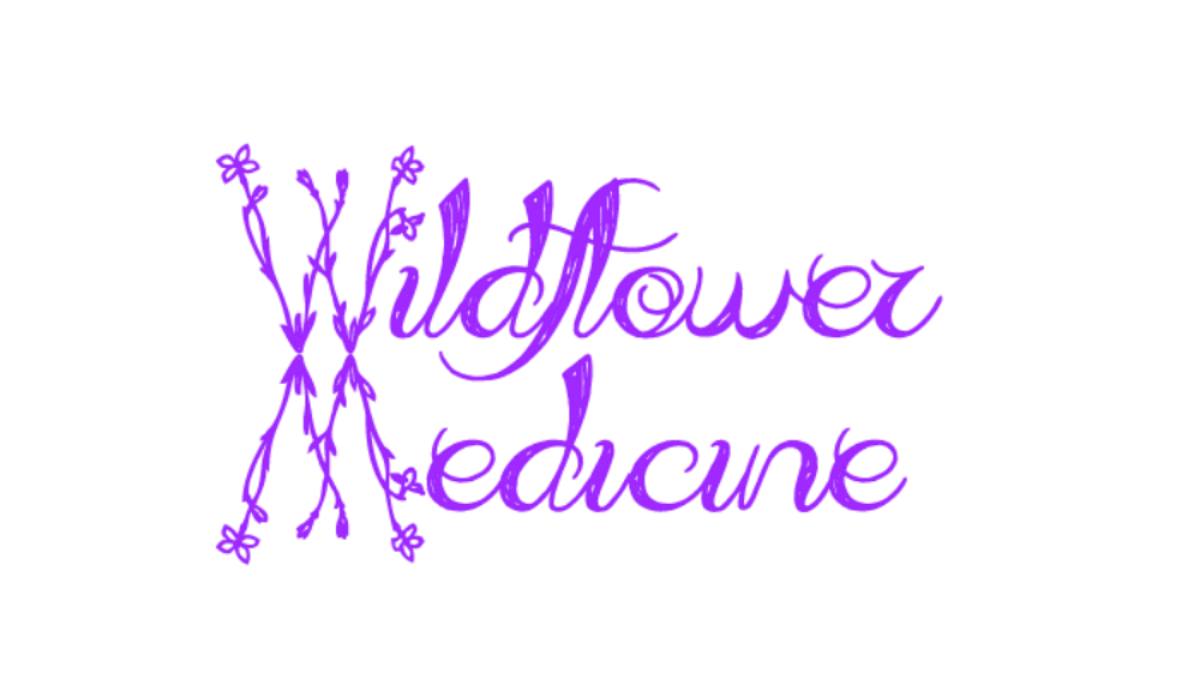There’s a lot of confusion out there over what you “can” and “can’t” eat during pregnancy. Today, we’re tackling eggs.
Are eggs safe?
I’m gonna cut right to it. YES, you can eat eggs during your pregnancy. Eggs are extremely nutritious and loaded with many of the exact nutrients our bodies need more of during pregnancy.
Read on to learn why some people have concerns about eggs during pregnancy, what the likelihood of getting sick is, how to minimize this risk, what the health benefits of eating eggs are, and how many you should be eating.
What’s the problem with eggs?
The reason some people are worried about consuming eggs is because there is a slight chance the egg could contain salmonella. Extracting salmonella (essentially a type of food poisoning) can be very dangerous and can even potentially cause miscarriage. This is why there is a fear around eggs. However, research shows that the chances of actually getting salmonella poisoning are very rare.
What’s the likelihood of getting sick from eggs?
The chances of a conventionally raised egg containing salmonella are between 12,000 to 1 and 30,000 to 1. That’s pretty unlikely. AND, that’s for conventionally raised products. If you opt for pasture raised eggs, the chances are seven times as slim. That put’s it at 84,000 to 1 (as the conservative number) to upwards of 210,000 to 1.
How can you minimize the risk of getting sick from eggs?
You can minimize your risk of getting sick from eggs by choosing pasture raised options (shoot, even Costco has pastured eggs these days!). This has the added bonus that pasture raised eggs contain higher levels of vitamins and other nutrients. The chickens are outside eating bugs, moving around, and living healthy, natural lives. Therefore their bodies are healthier and they lay healthier, more nutritious eggs as well. This really matters during pregnancy when every bite counts toward building your healthy baby!
You can also minimize your risk by cooking the yolks all the way through (this will kill any potential harmful bacteria). The problem with this is that pregnancy can bring about some weird food aversions and for many women (myself included), fully cooked/overcooked eggs are extremely off-putting. Runnyish yolks may be the only way an egg sounds appealing. It’s strange, I know! You’ll have to weigh the numbers with your comfort level to decide how to cook your eggs. Personally, I chose to eat runny yolks during all of my pregnancies, but ultimately you gotta respect your own comfort level and just do your best to choose healthy foods as much as you can without stressing yourself out.
What are the health benefits of eggs?
Eggs contain both protein and healthy fat as well as many micronutrients that are important for pregnancy, like vitamin B12, folate, DHA, and most notably, choline. Eggs are the #1 source for choline in most people’s diets (the only food with a higher concentration of choline is liver, but most people aren’t consuming much liver). Choline is extremely important for baby’s brain development and we need a lot of it during pregnancy and postpartum. Ideally, we’re eating about three eggs everyday to get those choline benefits!
Eggs are also helpful because they’re relatively affordable, they cook quickly, they’re portable when you boil them, and they’re agreeable with most people. Sometimes preggo mamas have food aversions to meat during the first trimester, so including eggs in your diet, especially during this time, is so helpful for your health to make sure you’re still getting in those nutrients that you and baby really need.
Conclusion
Yes, you can have your eggs and eat them too! Choose pasture raised to minimize the risk of any potential contamination (and for extra health benefits!) and cook them to whatever extent makes you most comfortable. Shooting for three eggs a day is a great goal for choline intake as well as other nutrients!
Want more help on your pregnancy journey?
Get my free week-by-week guide to healthy eating during pregnancy
Download my FREE First trimester survival guide
Learn more about eggs and my favorite way to food prep them here.

